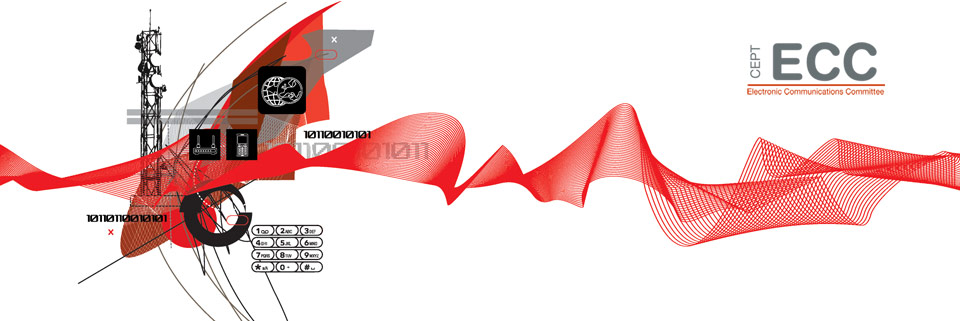New operator, same phone number: Number Portability in today's competitive telecommunications market
Commercial competition is a key element to how the modern telecommunications market serves the interests of the consumer, and national regulators work hard to ensure that this competition works effectively. 'Number portability' (NP) is one of the most important facilitators of this competition. Without the possibility for a subscriber to keep their telephone number while changing operators (called 'porting'), there would be less competition, higher prices and a decrease in telecom innovation.
The ECC is playing its part to promote NP with the creation of a special Project Team 'Number Portability' (PT NP) under the leadership of Johannes M. Vallesverd (Norway). This project team focuses on making improvements to the current implementations and also looks to the future of NP to consider how it could evolve.
The PT NP has recently produced a new ECC Recommendation on Number Portability Best Practices consisting of 12 individual recommendations. This includes: a one-stop-shop, direct routing, the right to port during ongoing contract periods, and efficient porting. These European guidelines on number portability should be beneficial to those countries which have not yet implemented number portability and are considering doing so in the future and to those countries which have implemented number portability but are planning to improve their current practices. As always, national variations must be taken into consideration.
The project team has also produced an ECC report on NP efficiency. This work identified that the process to port a number is a rather slow one in many countries. The European Union's revised Universal Service Directive (USD) Article 30 addresses this and introduces an obligation on operators to port a telephone number in the shortest possible time and that subscribers who have concluded an agreement to port a number to a new undertaking shall have that number activated within one working day. This introduces new subscriber rights and possibilities regarding number portability.
But this also raises some questions of detail, particularly around the meaning and regulation of the "one working day" requirement, as Article 30 is the result of negotiations and as such may be open to interpretation. However, the objective of the general provision of "the shortest possible time" in the USD Article 30, could encourage the investigation of existing NP processes in order to evaluate whether they are optimal or not. Probably we will see a decrease in porting times in years to come.
As well as the Recommendation on Number Portability Best Practices and the NP Efficiency report, the group is also looking at issues of abuse, delay and compensations within NP. How can we prevent abuse and delay? The focus is drawn to the need to have stable parameters of validation, to accept only legitimate reasons for rejecting NP requests, and to use mainly automated validation methods, good monitoring procedures and sufficient information and other tools.
A further step is to enable "service portability", which is another work item of the project team. Service portability means, in short, the ability for a subscriber to use his telephone number regardless of the fixed or mobile nature of the service. As mobile termination rates are decreasing, more and more hybrid solutions pop up. Ultimately, geographic and mobile telephone numbering ranges can merge into one pool. The project team looks at the impacts of service portability for the many different stakeholders.
Furthermore, the project team will monitor some key figures of NP implementations in the CEPT countries in terms of efficiency, costs, geographic portability, rejection rates, validation procedures, porting rates, best practise compliance and many other interesting aspects of this crucial institution of telecoms.
This article gives a brief overview of our work. Anyone interested in finding out more is welcome to contact me at [email protected]
Johannes M. Vallesverd
Chairman of the Number Portability Project Team
(ECC Numbering, Naming and Addressing Working Group)
